Stuart Strauss remains an enigmatic figure in the world of weird fiction, with scant information available about his life. He is known for a limited body of work, including "The Shadow on The Moor" (1928), "The Soul Tube" (1928), and "The Clenched Hand" (1934). The use of a pseudonym and language suggesting potential unfamiliarity with British culture has led to the assumption that Strauss might be an American author.
"The Shadow on The Moor" is a tale that first appeared in the February 1928 issue of "Weird Tales." Its republication in the 2023 British Library anthology "Circles of Stone: Weird Tales of Pagan Sites and Ancient Rites," edited by Katy Soar, attests to the lasting intrigue and relevance of Strauss's work. The story captures a sense of foreboding in the British countryside, with standing stones taking on a malevolent presence.
Strauss's work, including "The Shadow on The Moor," reflects thematic elements akin to the cosmic horror pioneered by H.P. Lovecraft. Lovecraft's influence is discernible in the eerie atmospheres and otherworldly entities that often pervade Strauss's narratives. Additionally, Strauss, like Lovecraft, explores the theme of ancient cults in remote villages, inhabited by seemingly backward rural characters. The fusion of cosmic horror and folk-horror themes creates an unsettling and atmospheric reading experience.
The thematic exploration of ancient cults in Strauss's work aligns with Margaret Murray's witch-cult hypothesis, a theory that suggests accusations against witches in Europe were rooted in a clandestine pagan religion. Published in Murray's "The Witch-Cult in Western Europe" (1921), the hypothesis posits the existence of a pre-Christian religion centered around a horned god, symbolizing the cycle of seasons and harvests. The horned god's representation on Earth through chosen individuals, ritual sacrifices, and the preservation of this religion through secret covens are central elements of Murray's theory.
Strauss's incorporation of such themes in "The Shadow on The Moor" aligns with the broader cultural fascination with ancient rites and mysterious practices. The narrative, enveloped in cosmic horror and folk-horror, echoes the anxieties of a bygone era, reflecting the convergence of literary imagination and anthropological speculation.
Learn more about your ad choices. Visit megaphone.fm/adchoices
More Episodes
The Upper Berth by F. Marion Crawford
 2023-04-20
2023-04-20
A Terribly Strange Bed by Wilkie Collins
 2023-04-13
2023-04-13
The Repairer of Reputations by Robert W. Chambers
 2023-03-30
2023-03-30
The Mysterious Bride by James Hogg
 2023-03-24
2023-03-24
Our Feathered Friends by Philip MacDonald
 2023-03-17
2023-03-17
The Tractate Middoth: A Chillingly Haunting Ghost Story by M.R. James
 2023-03-10
2023-03-10
The House and the Brain by Edward Bulwer-Lytton
 2023-02-24
2023-02-24
The Mistress in Black by Rosemary Timperley
 2023-02-17
2023-02-17
Afterward by Edith Wharton
 2023-02-10
2023-02-10
The Lonesome Place by August Derleth
 2023-01-20
2023-01-20
The Shadow by E. Nesbit
 2023-01-13
2023-01-13
The Chimes by Charles Dickens
 2022-12-31
2022-12-31
The Shepherd by Frederick Forsyth
 2022-12-30
2022-12-30
The Ghosts of Christmas Past by Tony Walker
 2022-12-24
2022-12-24
Green Holly by Elizabeth Bowen
 2022-12-23
2022-12-23
The Ghost of Jerry Bundler by W W Jacobs
 2022-12-16
2022-12-16
A Fall of Snow by James Turner
 2022-12-09
2022-12-09
The Magic Shop by H G Wells
 2022-12-02
2022-12-02
The Legend of Sleepy Hollow by Washington Irving
 2022-11-25
2022-11-25
The Dead by James Joyce
 2022-11-18
2022-11-18
Create your
podcast in
minutes
- Full-featured podcast site
- Unlimited storage and bandwidth
- Comprehensive podcast stats
- Distribute to Apple Podcasts, Spotify, and more
- Make money with your podcast
It is Free
You may also like

The Psychic Elephant Radio Podcast

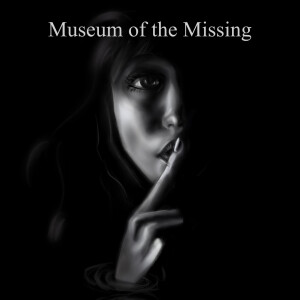
Museum of the Missing

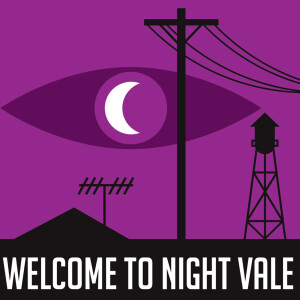
Welcome to Night Vale


Just So Stories

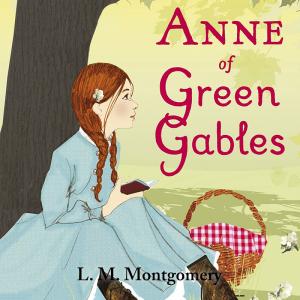
Anne of Green Gables


Six Minutes


Trap Street


- Privacy Policy
- Cookie Policy
- Terms of Use
- Consent Preferences
- Copyright © 2015-2024 Podbean.com

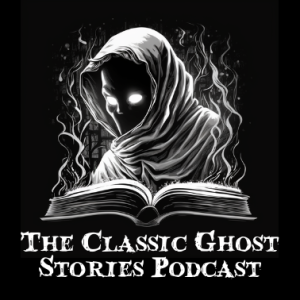
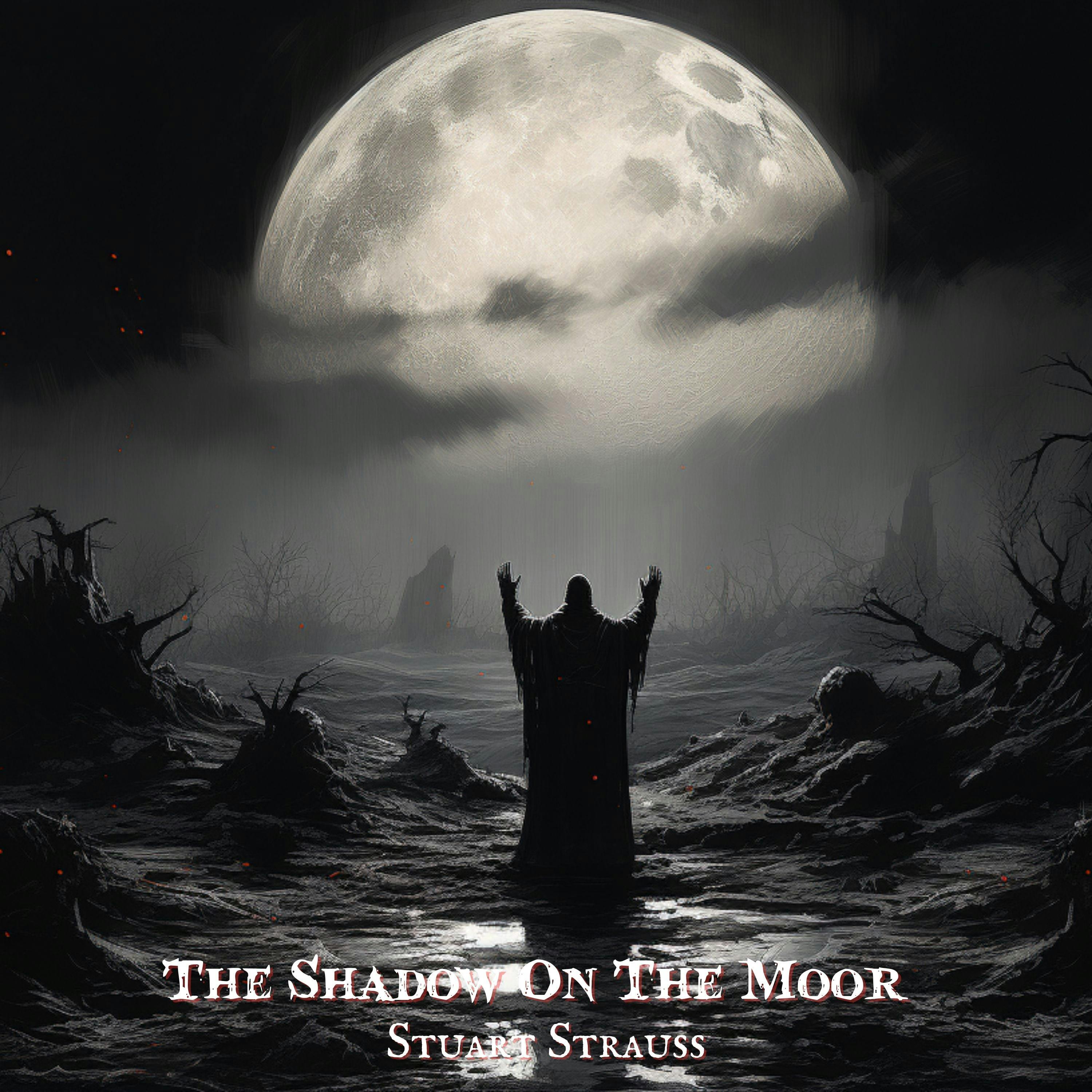

 iOS
iOS Android
Android